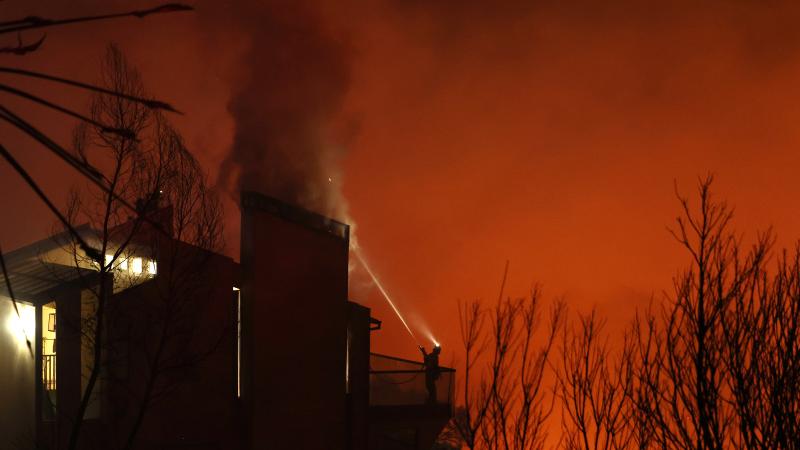Weather and the coronavirus: Understanding the cycles
Dr. Anthony Fauci, the director of the National Institute of Allergy and Infectious Diseases, warned that the coronavirus "very well might" become cyclical.
Fauci, speaking at the White House on Wednesday, urged the U.S. to be prepared by quickly developing andtesting a vaccineso that itwill be available "for that next cycle."
It's not clear when or if that next cycle will hit.But driving that statement are multiple early studies that indicatethe ability forCovid-19to spread among people might be slowerin summer than in winter, because the virus does not live as long outside during hot weather.
This week, researchers at the University of Maryland School of Medicine concluded that all countries and cities experiencing significant outbreaks of COVID-19 have very similar winter climates.TheyincludeWuhan, China,South Korea, Japan, Iran, Northern Italy, Seattle, and Northern California. Some of the worst-hit areas are on more or less on the same latitude, with similar temperatures and relative humidity.
“Based on what we have documented so far, it appears that the virus has a harder time spreading between people in warmer, tropical climates,” said study leader Dr. Mohammad Sajadi, associate professor of medicine.
Also, scientists at China’s Beijing and Tsinghua universitysexamined the spread of the disease in 100 Chinese cities, and found “high temperature and high relative humidity significantly reduce the transmission of Covid-19."
The number of people infected per carrier of the disease fell relative to increased temperature and humidity, their study found.
These and other studies have fueled hopes that the arrival of spring and warmer weather in the northern hemisphere will bring relief in the rapidly spreading coronavirus pandemic. However, Fauci and others have expressed concern about what happens come fall.
“What we're starting to see now in the southern hemisphere in southern Africa and in the southern hemisphere countries is that we're having cases that are appearing as they go into their winter season," he said."And if in fact they have a substantial outbreak, it will be need to be prepared that we'll get a cycle around the second time."












